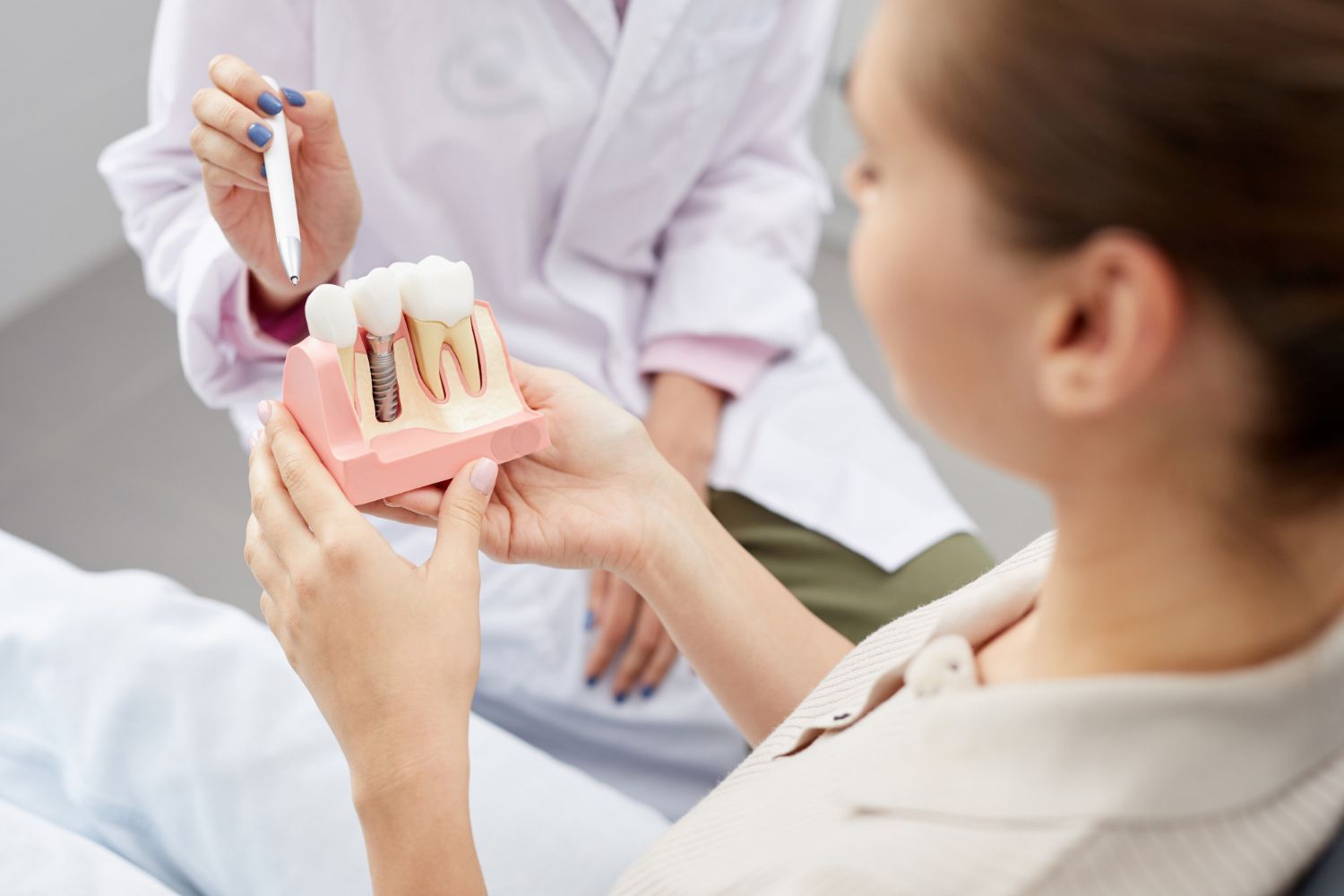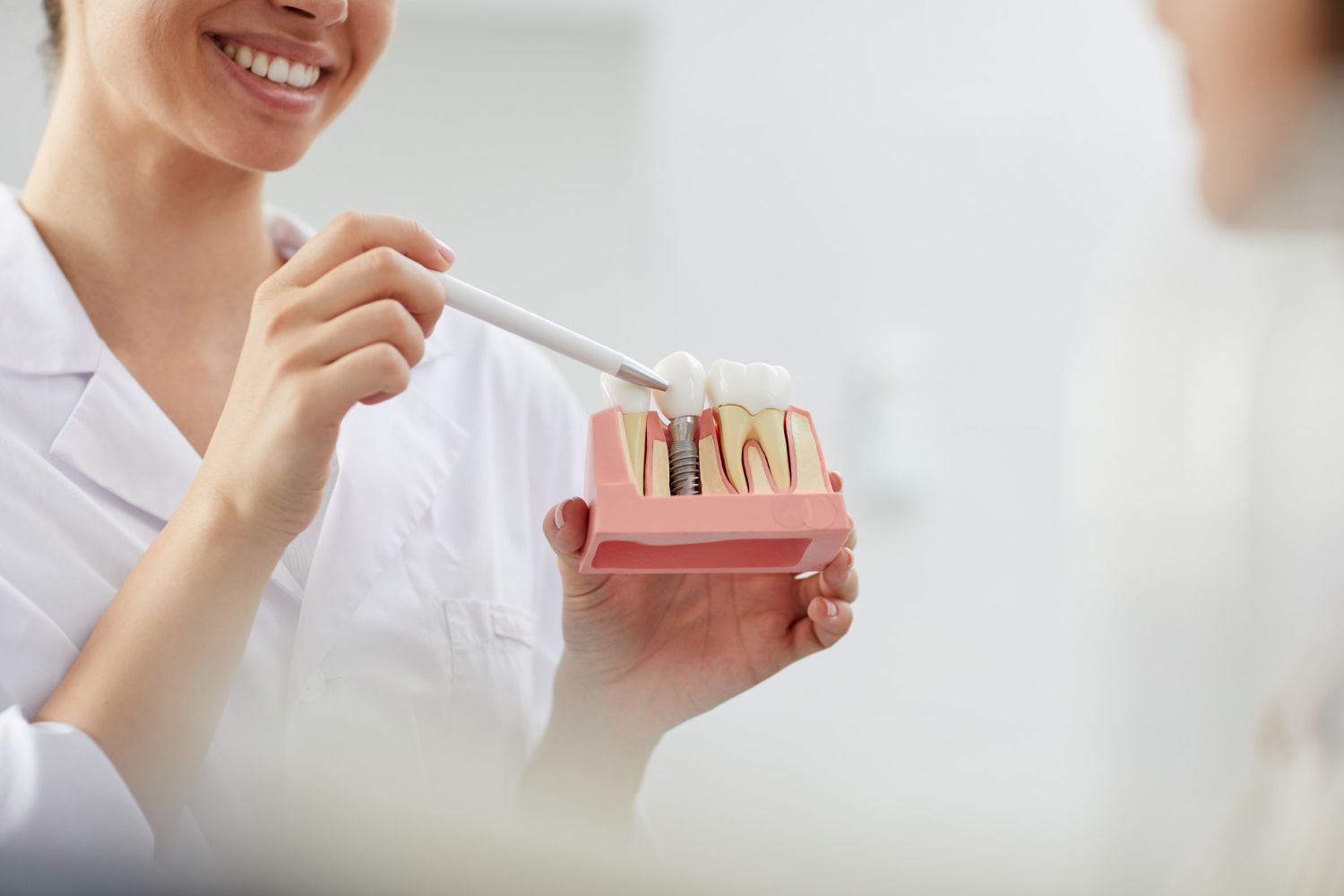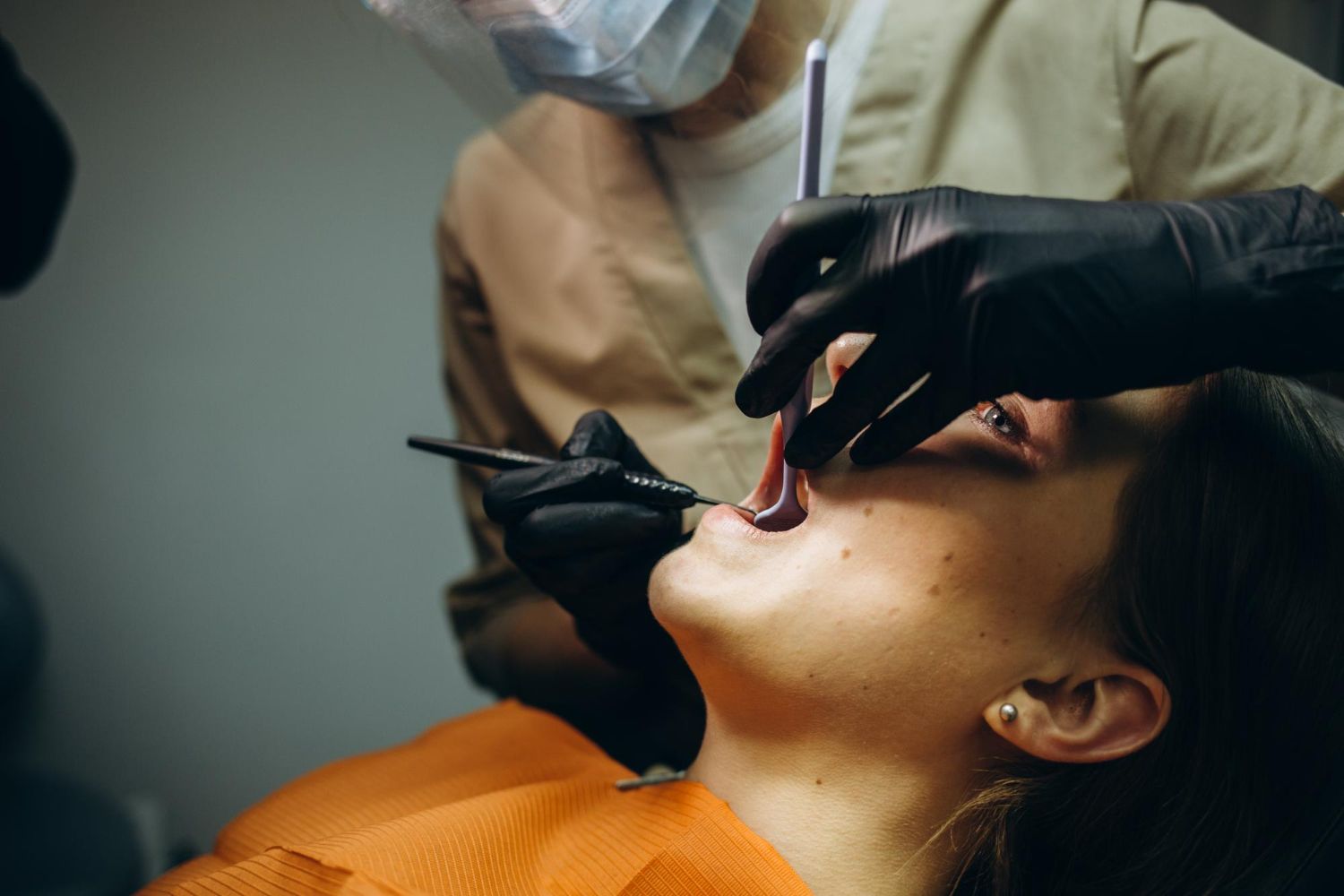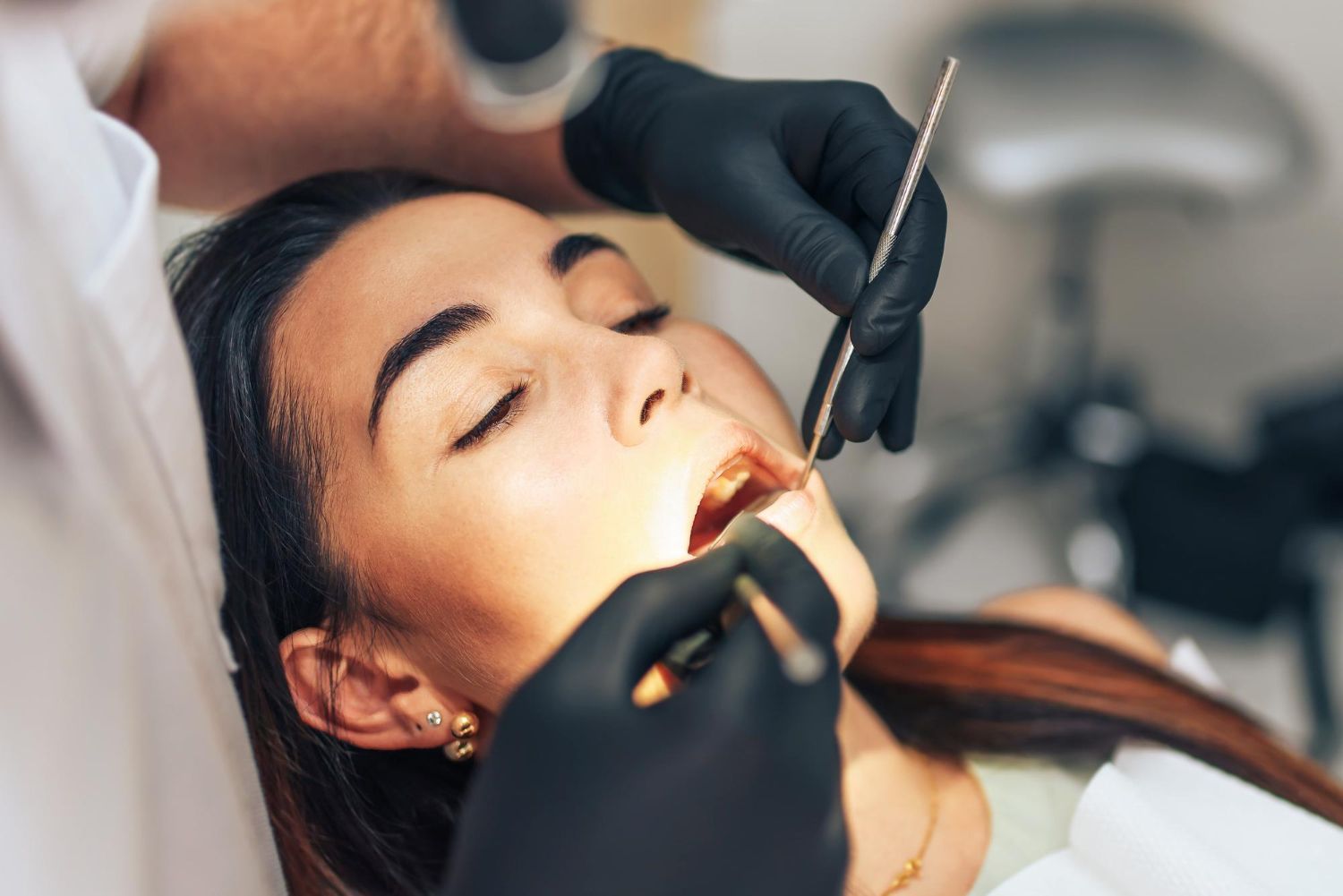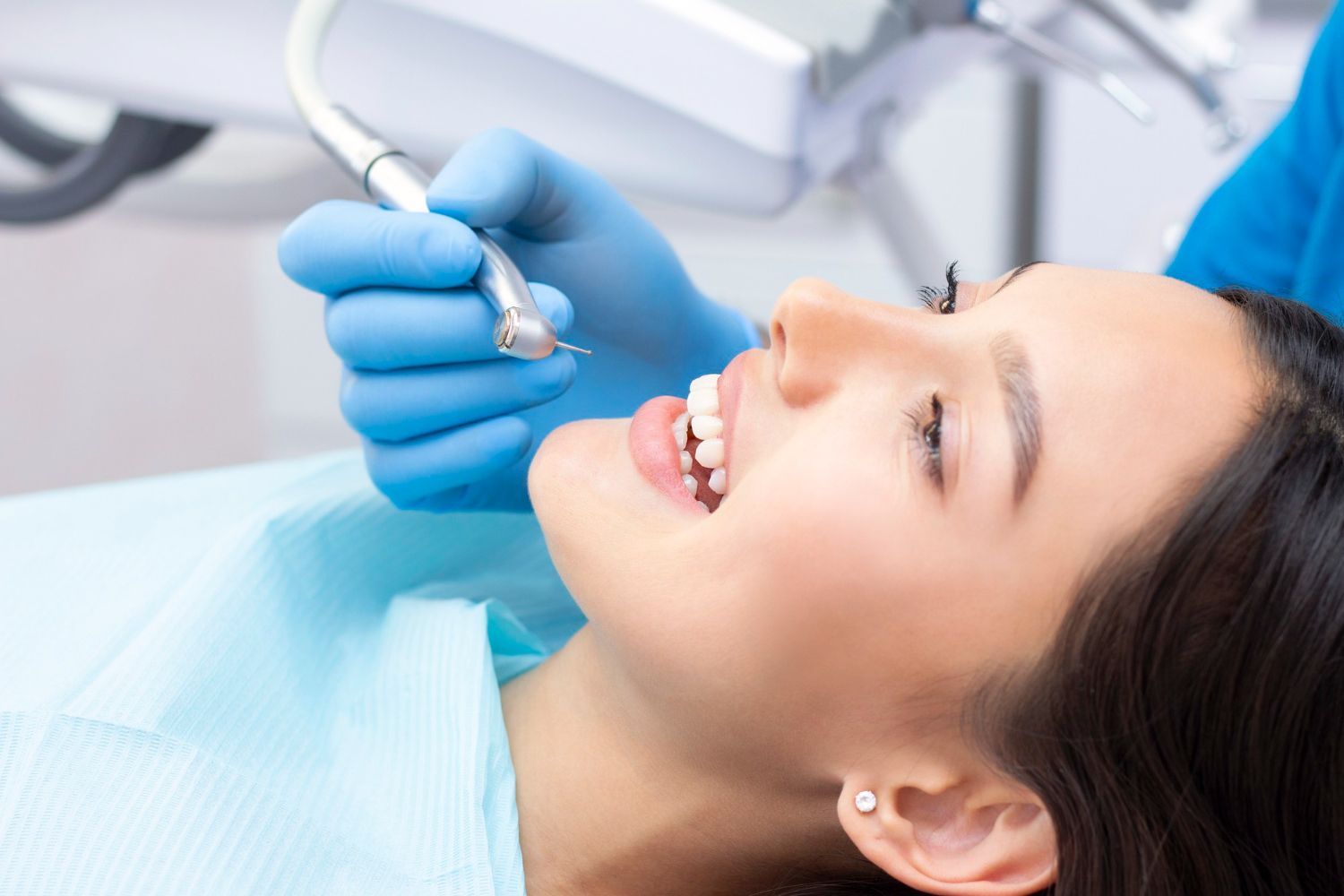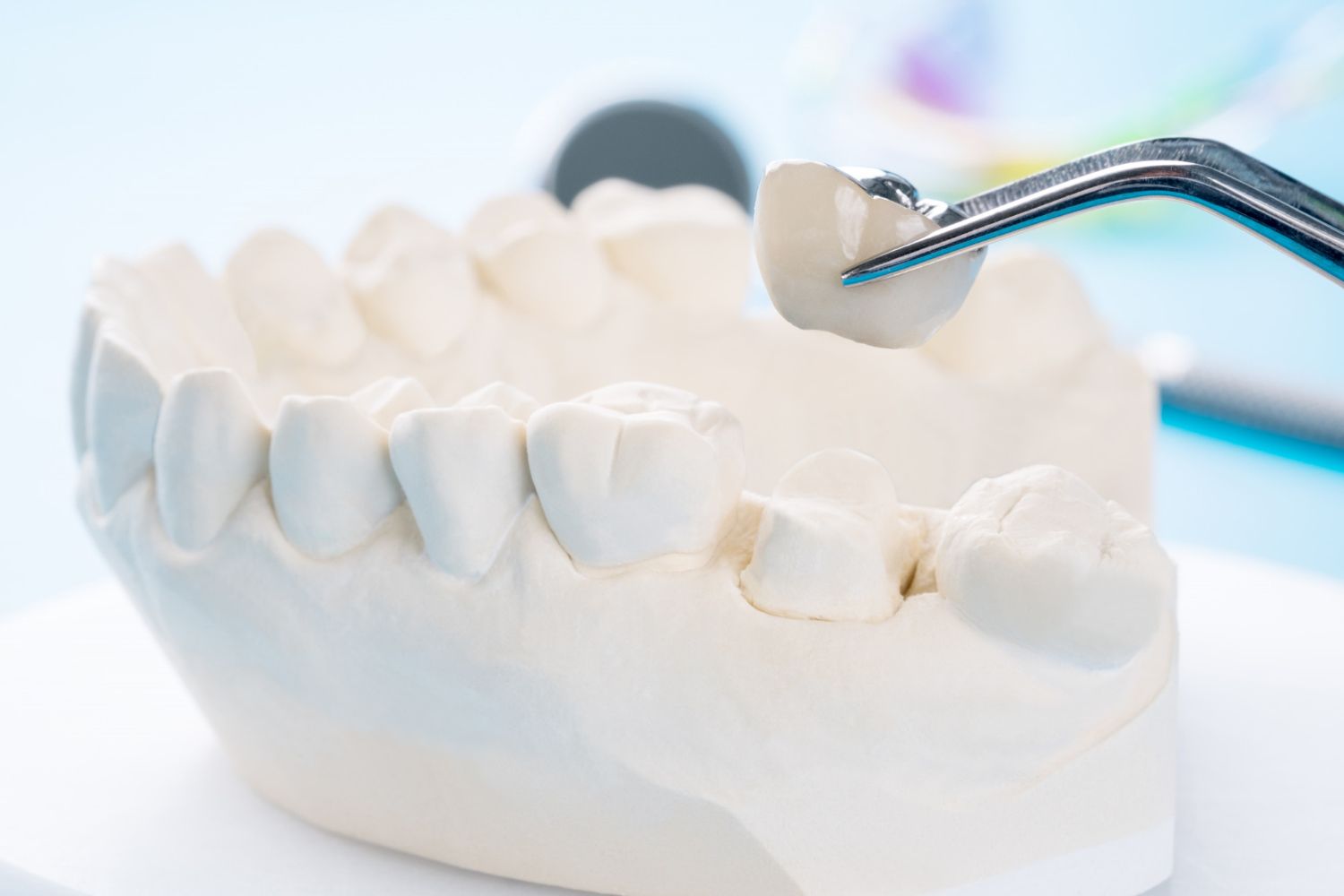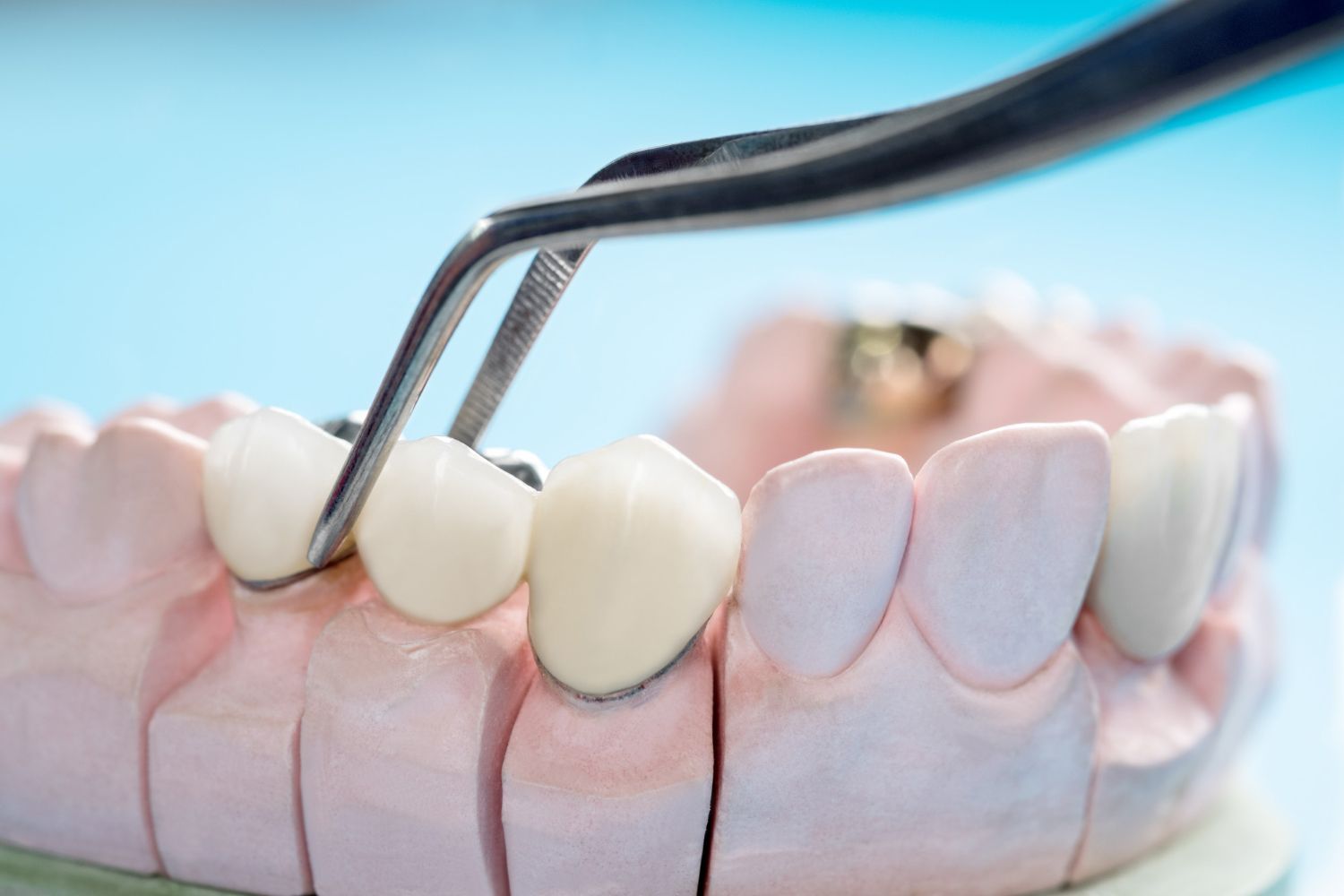How To Stop Grinding Your Teeth During Sleep: Solutions That Work
Teeth grinding, also called bruxism, happens when a person clenches or grinds their teeth without realizing it, usually while sleeping. It can affect adults and kids and often goes unnoticed until signs start to show. Some may wake up with sore jaws, headaches, or a feeling that their teeth have shifted. Others might only find out during a dental check-up when their dentist points out worn-down teeth or other damage.
If teeth grinding is left untreated, it can lead to bigger issues like jaw pain, cracked teeth, or long-term problems with your bite. Stopping the habit early can protect both your smile and your comfort. For people living in Lynn, this is especially helpful, since stress-related habits like bruxism tend to surface more as families deal with school schedules, work demands, or other day-to-day pressures. Understanding what causes it and how to manage it can make a big difference in long-term dental health.
Recognizing The Signs Of Teeth Grinding
Knowing the signs of teeth grinding is the first step in putting a stop to it. Many people grind their teeth at night without having any idea. The most common signs show up after waking up or during regular daily activities.
Here are some red flags to watch for:
- Sore jaw or face in the morning
- Headaches that start near the temples
- Chipped, cracked, or flattened teeth
- Increased tooth sensitivity
- Clicking or popping in the jaw joints
- Teeth that seem shorter or uneven
- Trouble sleeping or waking up frequently
Sometimes, people only catch it because their partner hears them grinding in the middle of the night. Kids might show signs when they wake up cranky or have trouble eating tougher foods. If you notice tooth damage or any unusual pain in the jaw, it's a good idea to bring it up during your next dental appointment. A trusted dentist can confirm whether grinding is the issue and help you come up with a game plan.
Grinding can start for different reasons. Stress and anxiety are pretty common triggers, but sometimes it's tied to how your teeth fit together or changes in your sleep habits. Since it usually happens while you sleep, keeping track of how you feel in the mornings can help you see a pattern if something isn’t right.
Effective Home Remedies And Lifestyle Changes
Some small shifts at home may help reduce nighttime grinding, especially when stress or poor sleep is part of the cause. Finding little ways to unwind before bed and keep your body calm can support better rest and relieve tension in your jaw muscles.
Here are a few go-to lifestyle changes that may help:
1. Reduce stress during the day: Activities like gentle yoga, breathing exercises, or even simple stretching can help your body stay relaxed. Stress throughout the day tends to follow you into sleep.
2. Build a calming night routine: Try reading a book, listening to quiet music, or soaking in a warm bath before heading to bed. Stay off phones or screens at least an hour before sleep. That blue light can mess with how your brain unwinds.
3. Watch what and when you eat: Avoid caffeine or sugary snacks late in the evening. These can overstimulate your nervous system and make grinding worse.
4. Stay consistent with sleep: Go to bed and wake up at the same time every day. A steady sleep schedule signals your body when it’s time to rest. A solid routine makes it easier for your muscles, including your jaw, to relax.
5. Check your sleep environment: Your mattress, pillow, and room temperature matter more than you might think. If you’re waking up stiff or tired, consider small tweaks like using a softer pillow or blocking out light with curtains.
These habits won’t fix every case of teeth grinding, but they’re useful to reduce how often or how badly it happens. If the soreness or damage continues, that’s usually a sign it’s time to reach out for help and get professional care involved.
Dental Solutions And Devices
When lifestyle changes alone don’t stop teeth grinding, it’s a good time to explore dental solutions. These options are made to protect your teeth, ease jaw pain, and stop long-term damage from sleep grinding.
One of the most common approaches is using a custom night guard. Unlike over-the-counter versions, these mouthguards are molded to fit your mouth and made from stronger materials. They create a barrier between your top and bottom teeth, so even if you clench or grind during sleep, your enamel stays safe.
Sometimes, the way your teeth line up can also lead to grinding. If the top and bottom teeth don’t match up right, it might cause your jaw to shift or tense while you sleep. Dentists may suggest correcting the bite with braces, aligners, or small adjustments to certain teeth. Fixing alignment problems doesn’t only help with grinding. It can also make everyday chewing and speaking feel more natural.
For more severe cases, prescription medication may be used. These are often short-term solutions and are usually given alongside other treatments like mouthguards or bite correction. The goal isn’t to rely on medication forever but to help reduce symptoms or muscle tightness while addressing the real cause. Since every case is different, working closely with your dentist gives you the chance to find an option that fits your needs.
Professional Help And When To Seek It
If you’ve tried home changes and still wake up with sore jaws or tooth damage, it’s time to reach out to a dentist. They can tell if you’re grinding and help create a plan based on what they find during the exam. Early signs of wear might not seem like a big deal, but waiting too long can lead to tooth cracks, gum problems, or long-term jaw pain that becomes harder to treat.
A right-fit treatment plan might involve custom mouthguards, bite adjustments, or other dental devices. Sometimes, signs of stress or anxiety will come up in the conversation too. That’s where a dentist can point you in the right direction, whether it’s addressing the structure of your bite or suggesting ways to support your mental and physical health.
People in Lynn who live busy lives or manage stressful schedules can be more at risk for clenching and grinding. If you find yourself dealing with symptoms more often or feel them getting worse, don’t put off the visit. A dentist can help you catch the pattern early and keep it from turning into something more serious.
Take Charge of Your Dental Health
Teeth grinding at night can feel like a small issue at first, but the long-term effects can add up quickly. Sore jaws, damaged enamel, and restless sleep are signs your body is telling you something’s off. Whether the cause is stress, an uneven bite, or poor sleep habits, the sooner you catch it, the easier it is to manage.
There’s no one-size-fits-all answer for stopping teeth grinding, but real solutions begin with recognizing the signs and getting proper care. From small daily changes at home to dental tools built just for you, every piece plays a role in protecting your teeth and sleep. When you find a team that understands your needs, it becomes much easier to take that next step toward feeling better and grinding less.
If you're dealing with teeth grinding and looking for real relief, Seaport Family Dentistry is here to help. We offer personalized care and long-term solutions through our trusted family dental in Lynn services, designed to improve your comfort and protect your smile. Let us help you and your loved ones find lasting relief from bruxism and support healthier sleep habits.

